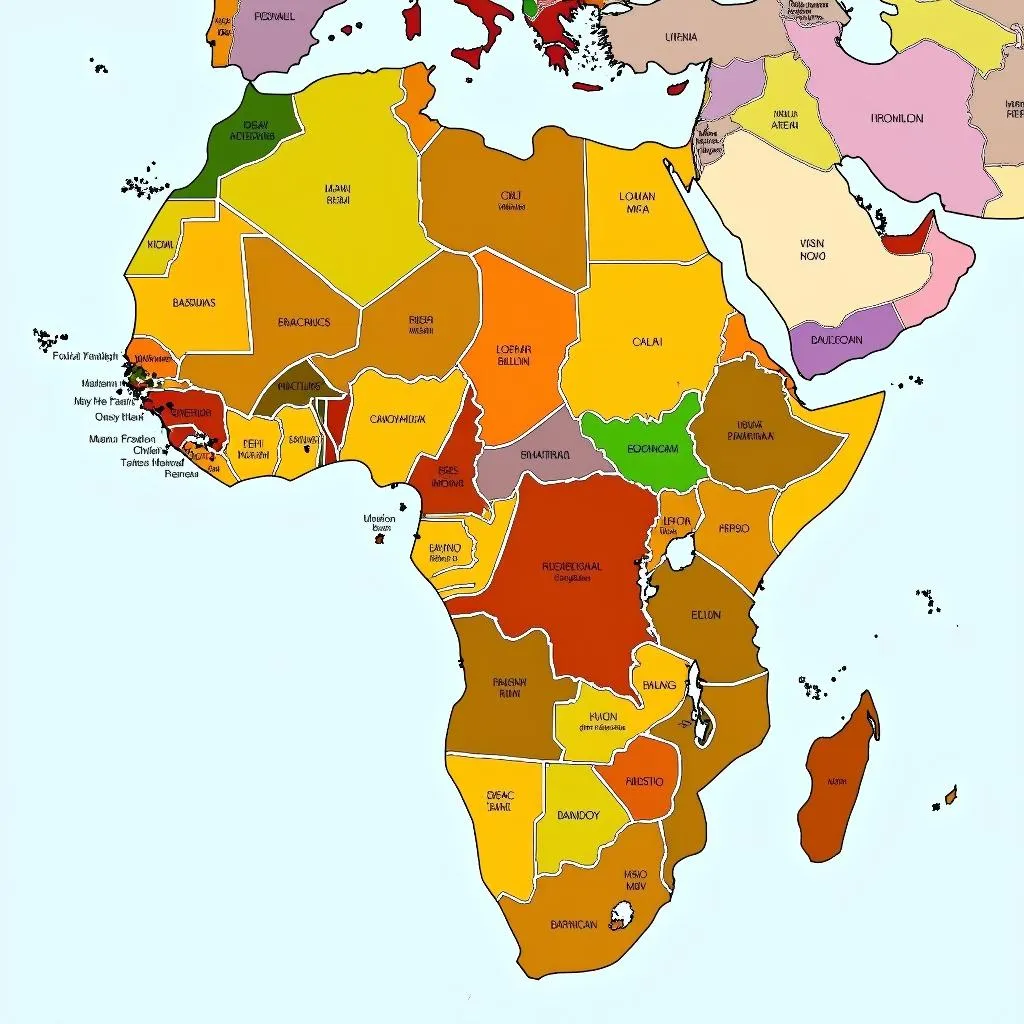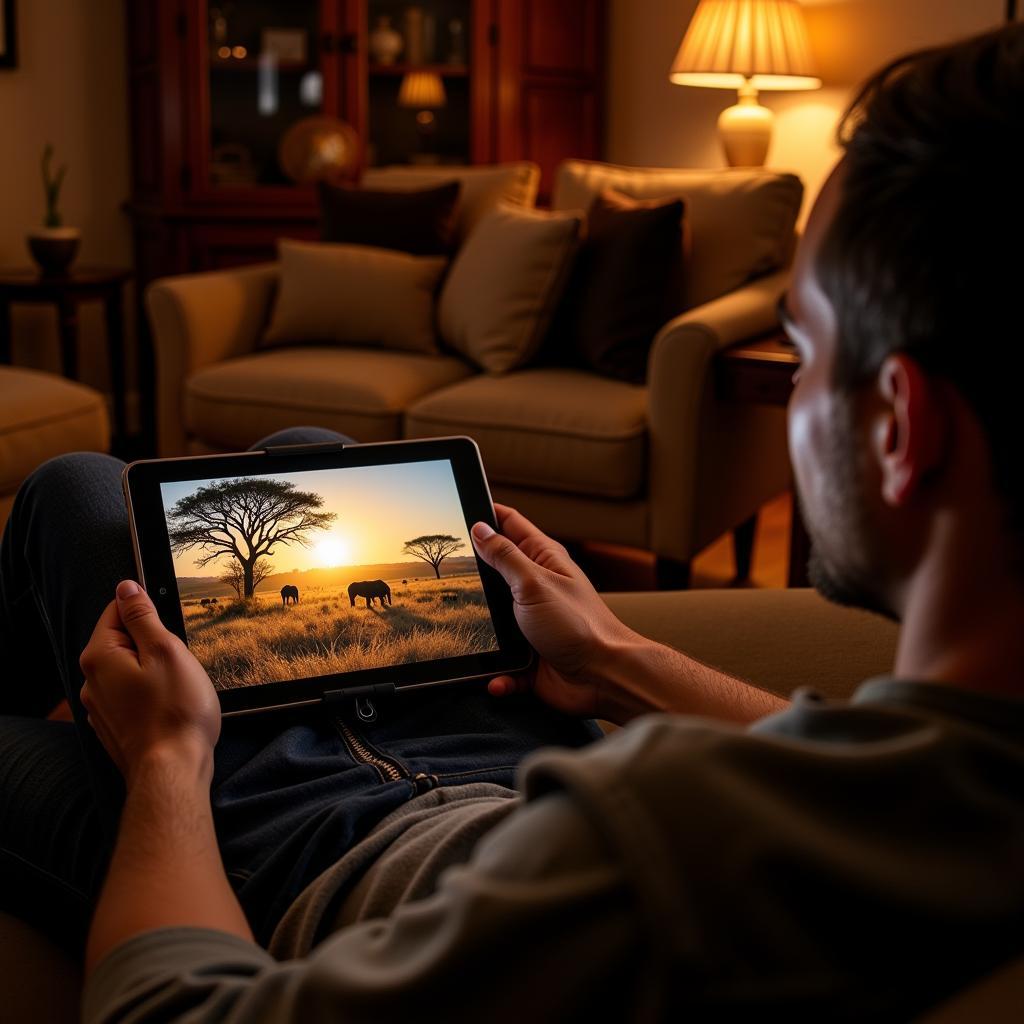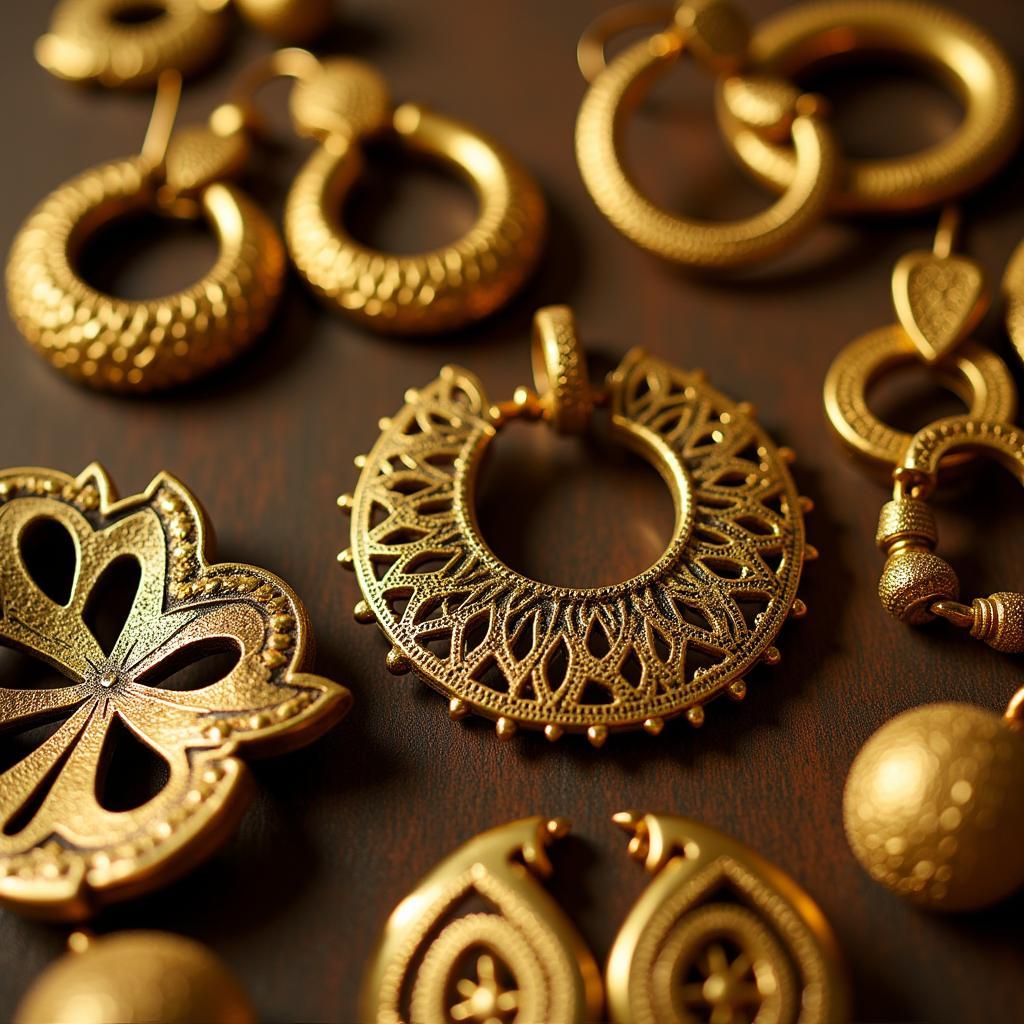African Handball: A Thriving Sport with a Rich History
African Handball, a dynamic and fast-paced sport, holds a special place in the hearts of many across the continent. From local communities to international arenas, the sport has witnessed significant growth and continues to captivate audiences with its thrilling matches and passionate players. This article delves into the history, development, and current state of African handball, highlighting its unique characteristics and its impact on the sporting landscape of Africa. We’ll also look at some of the challenges and opportunities facing the sport as it continues to evolve.
Handball’s journey in Africa began in the mid-20th century, gaining popularity as a school sport and gradually expanding to club and national levels. The establishment of continental competitions, such as the African Handball Championship, further fueled its growth and provided a platform for African nations to showcase their talent on the world stage. The sport’s accessibility and relatively low cost of equipment have contributed to its widespread adoption in many communities across the continent. The relative simplicity of the rules and the fast-paced, high-scoring nature of the game make it engaging for both players and spectators.
The Rise of African Handball on the International Stage
Over the years, African handball has witnessed a steady rise in its competitive level, with several nations establishing themselves as formidable forces in international competitions. The consistent participation of African teams in world championships and Olympic Games has further elevated the sport’s profile. For example, the Tunisian men’s team has consistently performed well at the World Championships, even hosting the tournament in 2005. This exposure has not only inspired a new generation of handball players but also attracted international attention and investment in the sport. The success of African teams on the international stage has also contributed to the overall development of the game within the continent, encouraging greater participation and investment at the grassroots level.
You might be asking yourself, what makes African handball unique? Well, the playing styles often incorporate elements of speed, agility, and physicality, reflecting the athleticism prevalent in many African sporting disciplines. The passion and energy displayed by African handball players during matches are infectious, creating an electric atmosphere that resonates with fans. The sport has also become a source of national pride, uniting communities and countries behind their respective teams.
Key Challenges and Opportunities for African Handball
Despite its growth, African handball still faces numerous challenges, including limited funding, infrastructure gaps, and the need for more qualified coaches and referees. Addressing these challenges is crucial for the continued development and sustainability of the sport. Investment in training facilities, coaching programs, and referee development will be vital to elevate the level of play and professionalism within African handball.
How can we ensure the future of this exciting sport? Increased media coverage and sponsorships are also necessary to raise the profile of the sport and attract more fans. Partnerships with international organizations and handball federations can also facilitate knowledge sharing and technical assistance.
The Impact of African Handball on Local Communities
Beyond its sporting merits, African handball plays an important social role in many communities. The sport provides opportunities for young people to engage in physical activity, develop teamwork skills, and build social connections. It also promotes gender equality, with both men’s and women’s handball thriving in many countries. The sport serves as a platform for social integration, bringing together individuals from diverse backgrounds and fostering a sense of community.
Thinking about getting involved? Many local clubs welcome new players of all ages and skill levels.
2020 african men's handball championship showcased the talent and competitive spirit of the African handball scene.
The Future of African Handball: A Bright Outlook
The future of African handball appears bright. With increased investment, improved infrastructure, and continued support from both local and international stakeholders, the sport is poised for further growth and success. The passion and talent within the African handball community are undeniable, and with the right opportunities, African handball can reach even greater heights.
Want to learn more about past championships? Check out the african handball championship 2020 results.
In conclusion, African handball is more than just a sport; it is a cultural phenomenon that embodies the spirit, resilience, and dynamism of the African continent. From its humble beginnings to its growing presence on the international stage, African handball continues to inspire and captivate audiences. By addressing the existing challenges and embracing the numerous opportunities, African handball can solidify its place as a leading sport in Africa and beyond. The continued growth and development of African handball will depend on the collaborative efforts of players, coaches, administrators, fans, and stakeholders across the continent. Let’s continue to support and celebrate the exciting world of African handball.
Do you want to delve deeper into the history of the sport? Find out more about the african handball club championship 2018. You can also explore the 2018 african men's handball championship for a detailed look at past tournaments. Lastly, check out the african games 2019 schedule to see how handball fits within a wider sporting context.
FAQ
- Where did handball originate? Although its modern form developed in Europe, variations of handball have existed in different cultures throughout history.
- What are the basic rules of handball? Two teams of seven players try to score goals by throwing a ball into the opposing team’s goal.
- How popular is handball in Africa? Handball is a popular sport in many African countries, both at the grassroots and professional levels.
- Which African countries are strong in handball? Tunisia, Egypt, and Algeria are among the strongest handball nations in Africa.
- Are there professional handball leagues in Africa? Yes, several African countries have professional handball leagues.
- How can I get involved in handball in Africa? Many local clubs and community organizations offer opportunities to play handball.
- What are the future prospects for African handball? The future of African handball is promising, with increasing participation and growing international recognition.
For any support, please contact us via Phone: +255768904061, Email: [email protected], or visit us at: Mbarali DC Mawindi, Kangaga, Tanzania. We have a 24/7 customer support team.


